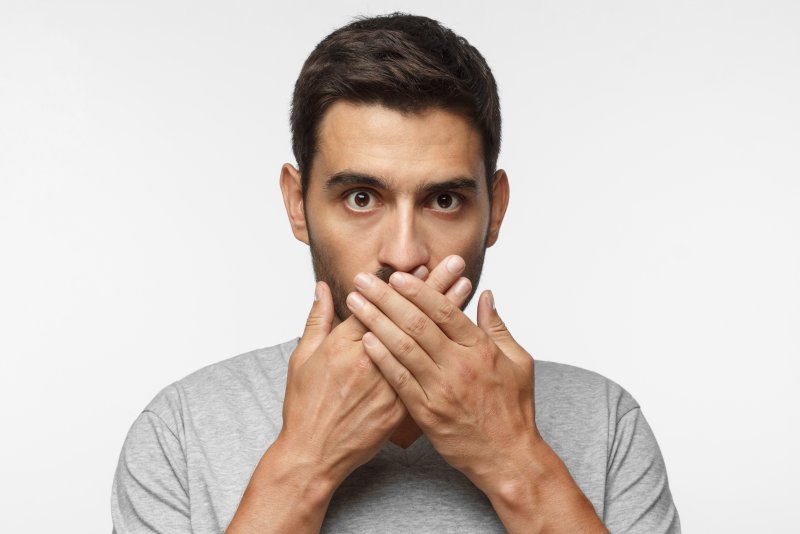
Just because you aren’t a child anymore doesn’t mean that your body stops changing. This includes your teeth as well. However, tooth movement can be a sign of certain issues and can even lead to complications if it isn’t addressed sooner rather than later. If you have noticed that your teeth are shifting, you should absolutely bring this up to your dentist. Continue reading to learn some reasons why this could be happening and some possible solutions.
5 Possible Causes of Tooth Movement
Here are some of the most common causes of teeth movement:
- Aging: As you get older, your jaw muscles and ligaments will change. Ultimately, the ligaments, tissues, and fibers will become weaker, and teeth can loosen, therefore shifting your bite.
- Jaw movement: Your jawbones shift forward throughout your life. Eventually, the force created by your lower teeth can push the upper teeth out of place and cause misalignment issues.
- Osteo changes: The mineral content in your bones tends to decrease over time, so your bone density reduces. This includes the jawbone. The connections that attach your teeth to the jaw can weaken, causing movement.
- Tooth loss: When there are gaps in your smile, the surrounding teeth will likely move in order to fill the gap.
- Teeth grinding: Also known as bruxism, this can cause teeth to move due to force and wear. Many people who have bruxism aren’t aware of it because it often occurs during sleep.
How Can You Prevent Teeth from Shifting?
Here are some options that can help to prevent further shifting of your teeth. Contact your dentist to determine which treatment is likely to help you:
- Invisalign: This orthodontic treatment uses a series of clear aligners to slowly shift teeth into their rightful locations. Approximately every two weeks, you will receive a new set of aligners until the final result is achieved. This way, you can say goodbye to misalignment.
- Teeth replacement: To prevent shifting due to missing teeth, it is important to fill in the gaps with a tooth replacement option, like a partial denture, dental bridge, or dental implant.
- Occlusal Splints: Your dentist can give you a mouthguard you wear to bed called an occlusal splint, which will keep you from putting too much pressure on your jaw and teeth as you sleep.
While there are a variety of causes of shifting teeth, it shouldn’t be left untreated. By talking to your dentist about possible solutions, you can create a plan that’s ideal for you!
About the Author
Dr. Rodney L. Allen is an experienced dentist who has been working in the field for more than two decades. He earned his Doctor of Dental Surgery degree from the Baylor College of Dentistry and has participated in numerous continuing education programs, including Nobel Biocare™ courses in implant dentistry, and classes at Spear Education. To learn more about your options for shifting teeth or to schedule an appointment with Dr. Allen at his office in Parker, visit his website or call (720) 851-6784.

